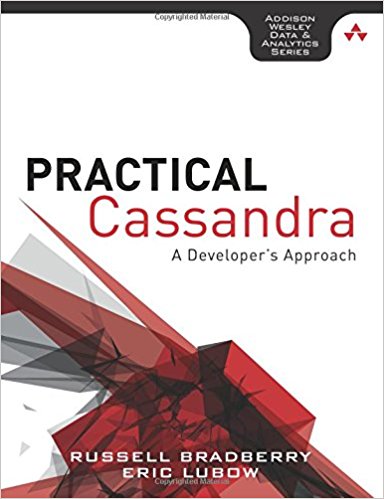Some Introduction
First off I’d like to thank Dancho Danchev for the mention in his blog entry PR Storm. Part of me creating a blog was no thanks to reading his and reposting it to Linux Security. I also plan on commenting a little on some of the things he has to say. Now that I have …
By eric

